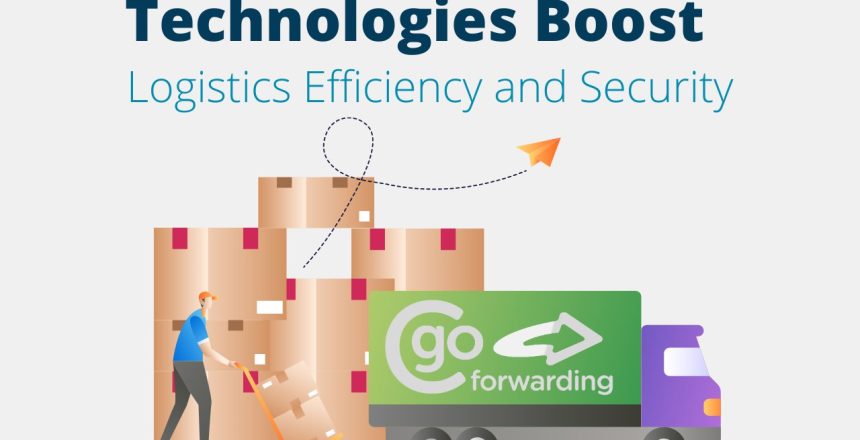Logistics plays a vital role in the global economy, facilitating the movement of goods and services from manufacturers to consumers. However, traditional logistics practices often face challenges such as delays, inefficiencies, and security vulnerabilities. Digital technologies for logistics offer solutions to address these issues, allowing companies to achieve higher levels of operational excellence and security.
The Benefits of Digital Technologies for Logistics Performance and Safety
Digital Technologies for Logistics
Automation and Robotics
Firstly, automation and robotics have transformed logistics operations by reducing manual labor, minimizing errors, and increasing overall efficiency. Automated systems can handle repetitive tasks such as sorting, packaging, and loading, enabling faster and more accurate processing. Additionally, robotic solutions like autonomous vehicles and drones are revolutionizing last-mile delivery, making it more efficient and cost-effective.
Internet of Things (IoT) and Sensor Technology
The Internet of Things (IoT) and sensor technology have revolutionized logistics by providing real-time data and insights. IoT devices and sensors embedded in shipments, vehicles, and warehouses enable continuous tracking, monitoring of temperature and humidity, and detection of any abnormalities. This real-time visibility enhances supply chain efficiency, reduces inventory loss, and ensures timely deliveries.
Artificial Intelligence (AI)
Artificial intelligence and machine learning algorithms empower logistics companies to analyze vast amounts of data, identify patterns, and make accurate predictions. AI-powered systems can optimize routes, anticipate demand fluctuations, and even suggest cost-effective strategies.
Efficiency in Operations
Real-Time Tracking
Real-time tracking and visibility are essential for efficient logistics operations. Through the integration of GPS, RFID, and other tracking technologies, companies can monitor shipments at every stage of the supply chain. This advantage enables fast issue resolution, efficient route planning, and improved customer service.
Optimization
Advanced analytics and optimization tools identify bottlenecks, minimize inventory holding costs, and streamline the flow of goods. By automating inventory management and demand forecasting, companies can reduce stockouts and enhance overall efficiency, benefiting both companies and their clients.
Strengthening Security
Improved Cargo Tracking
Digital technologies offer enhanced asset and cargo tracking capabilities, minimizing the risk of theft and unauthorized access. GPS tracking, geofencing, and tamper-evident packaging provide real-time information and ensure the integrity of all shipments. Companies can monitor and secure their assets throughout the supply chain, mitigating potential losses and giving peace of mind to their clients.
Data Security and Privacy
As digital technologies for logistics become more relevant, ensuring data security and privacy is a must. Cybersecurity measures protect sensitive information from cyber threats and unauthorized access. Some companies implement encryption protocols, access controls, and regular security audits to safeguard customer data and maintain trust.
The integration of digital technologies for logistics has proven to be a game-changer, revolutionizing the way businesses operate. As you explore the potential of digital technologies in logistics operations, consider partnering with a trusted and innovative company that can answer all your questions and help you achieve your goals.
If you’re looking for a highly competent company that can help you with all your logistics operations in a safe way, consider contacting us. We are at your service!
Web: cgoforwarding.com
IG: @cgoforwarding
LinkedIn: CGO Forwarding México
Email: mexico@cgoforwarding.com

